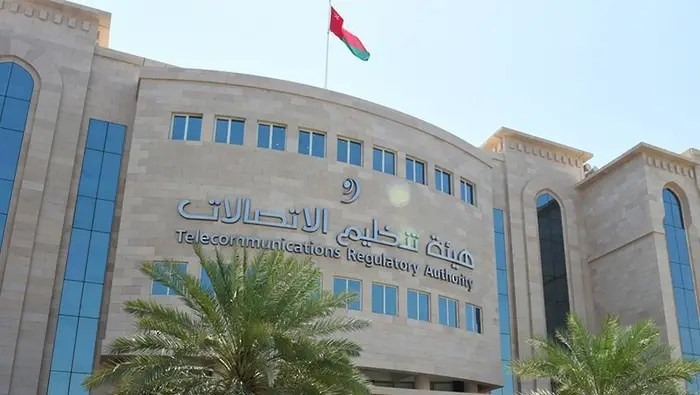Bahrain has officially launched its National Policy for the Use of Artificial Intelligence (AI), a landmark move that underscores its ambition to lead in ethical and responsible digital transformation. The Information and eGovernment Authority (iGA) announced the policy on its website, alongside the adoption of the GCC Guiding Manual on the Ethical Use of AI.
The initiative, guided by General Shaikh Rashid bin Abdullah Al Khalifa, Minister of Interior and Chairman of the Ministerial Committee for ICT, reflects Bahrain’s long-term commitment to harnessing AI for innovation, efficiency, and growth while safeguarding public trust.
Driving Growth Through Responsible AI
Mohammed Ali Al Qaed, Chief Executive of the iGA, explained that the policy aims to accelerate economic and social development, strengthen government performance, and ensure AI adoption aligns with international best practices. It supports Bahrain’s Economic Vision 2030 and the United Nations Sustainable Development Goals, with a focus on ethical, transparent, and lawful AI use.
The framework requires compliance with Bahrain’s Personal Data Protection Law, the Law on the Protection of State Documents and Information, and the Open Data Policy, ensuring AI systems adhere to privacy, fairness, and security standards.
Building AI Talent and Awareness
A central pillar of the policy is developing national expertise. The iGA will roll out workshops and training programs for public sector employees across key sectors such as healthcare, education, and government services. These efforts are designed to build local capacity, raise AI awareness, and elevate Bahrain’s global competitiveness.
Smarter Public Services
The government intends to integrate AI into public services to streamline operations and improve service delivery. A unified national framework will ensure that all AI projects and investments are aligned, maximizing efficiency and reinforcing public confidence in advanced technologies.
Policy Pillars and Target Audience
The policy is tailored for government officials, digital service developers, academics, researchers, decision-makers, and end-users of smart services. Its four pillars include:
- Adherence to national laws and policies
- Promoting AI adoption across government operations
- Empowering employees with AI knowledge and skills
- Strengthening partnerships for innovation
Ethical AI for a Sustainable Future
The GCC Guiding Manual complements Bahrain’s policy by embedding ethical principles such as respect for human dignity, Islamic values, sustainability, fairness, safety, and privacy. Together, these guidelines provide a robust foundation for trust and responsible AI governance.
By combining national strategy with regional ethical standards, Bahrain is laying the groundwork for a sustainable, innovation-driven society. This positions the kingdom as a regional leader in ethical AI adoption, setting a model for responsible digital transformation across the Gulf.















